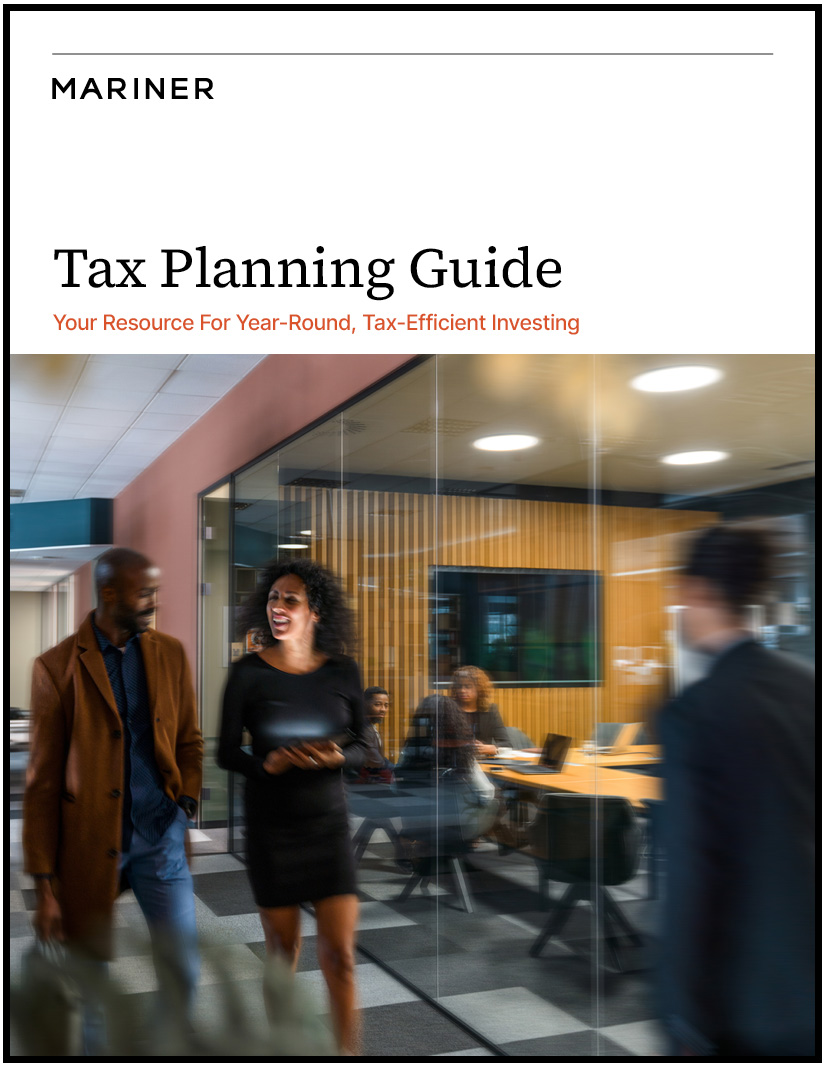Simplifying the Retirement Plan Tax Credit for Start-Ups
For start-up small businesses, establishing a retirement plan can be costly as well as demand substantial resources and time. SECURE 2.0 Act legislation has made it easier with the expansion and creation of a number of employer credits, including a small employer pension plan start-up costs credit, small employer auto-enrollment credit, employer contribution tax credit and military spouse retirement plan eligibility credit.
These tax credits can make it more feasible for small businesses to provide a retirement plan for their employees, giving more workers the opportunity to save for a secure retirement. Here are answers to some common questions about the tax credits for start-ups and small employers.
What is the credit for small employer pension plan start-up costs?
The SECURE 2.0 Act further enhanced an already-existing credit for start-up businesses that establish a new retirement plan. An eligible employer:
- Has no more than 100 employees who received at least $5,000 in compensation for the preceding year.
- Has at least one plan participant who was a non-highly compensated employee (NHCE).
- Didn’t sponsor a different qualified retirement plan for employees within the last three years. This ensures that businesses can’t change to a new plan every three years and receive a new tax credit each time.
Who is considered a non-highly compensated employee for the start-up credit?
An employee is considered an NHCE if:
- They own less than 5% of the company.
- They make less than the income threshold for that year as determined by the IRS annually; for 2024, an NHCE must make less than $155,000.
How much is the credit?
An employer with no more than 50 employees is eligible for a tax credit of 100% of qualified start-up costs up to the maximum allowable credit. For employers with 51 to 100 eligible employees, the tax credit is 50% of eligible start-up costs up to the maximum allowable credit.
- The minimum credit is $500.
- The maximum credit is $5,000.
– Specifically, the credit is $250 for each employee who is eligible to participate in the plan and is not a highly compensated employee (HCE).
Which costs are eligible?*
The tax credit can be claimed for common and necessary costs to:
- Set up a new qualified plan.
- Execute plan administration.
- Educate your employees about the plan.
When can the start-up tax credit be claimed?
The tax credit can be claimed for each of the first three years of the plan. The first year of claiming the credit can be the tax year before the plan becomes effective.
What is the small employer auto-enrollment credit?
An eligible employer (no more than 100 employees who received at least $5,000 of compensation during that tax year) that adds an automatic enrollment feature to its plan can claim a tax credit of $500 per year for a three-year taxable period. With this feature, employees must opt out rather than opt in. The credit starts with the first taxable year the employer includes the auto-enrollment feature either as a new provision to an existing plan or in a newly adopted plan.
What is the employer contribution tax credit?
SECURE 2.0 also established a new tax credit for small businesses that make employer contributions to a new retirement plan. This credit is available for five years for those employers with 100 or fewer employees that make employer contributions. For an eligible employer with 50 or fewer employees, the credit is 100% of employer contributions (matching or nonelective) made for eligible employees with a maximum credit of $1,000 per employee earning less than $100,000 a year (adjusted for inflation). For plans with 51 to 100 employees, the credit percentage for the applicable year is reduced by 2% for each employee in excess of 50.
An eligible small employer can take advantage of this credit for employer plan contributions for the first five years during which the plan is maintained. The “applicable percentage” (amount of employer contribution made to the plan) is 100% for the year the plan is established and for the following year and then decreases by 25% each year thereafter (i.e., 75% for the third year, 50% for the fourth year, 25% for the fifth year and 0% thereafter).
What is the military spouse retirement plan eligibility credit?
An eligible employer must have had no more than 100 employees during the preceding tax year preceding the tax year for which the credit is claimed who received at least $5,000 of compensation from the employer during that tax year.
The tax credit applies to eligible employers that: 1) make military spouses immediately eligible for plan participation within two months of hire; 2) upon plan eligibility, make the military spouse eligible for any matching or nonelective contribution that they would have been eligible for otherwise at two years of service; and 3) make the military spouse 100% immediately vested in all employer contributions. The tax credit equals $200 per military spouse (who participates in the plan) plus 100% of all employer contributions (up to $300) made on behalf of the military spouse, for a maximum tax credit of $500. This credit applies for three successive tax years (of the employer) beginning with the first tax year during which the employee began participating in the plan.
A military spouse is an employee who is not highly compensated and, as of the first date that they were employed by the employer, is married to a member of the uniformed services serving on active duty.
Tax Guide: Your Resource for Year-Round Tax-Efficient Investing
Year-round planning with an advisor could help improve your overall wealth plan. Find out more by downloading our tax guide.
Source:
*No tax deduction is allowed for expenses on which the credit is claimed.
This article is intended for informational and educational purposes only. It does not consider any individual or personal financial, legal, or tax circumstances. As such, the information contained herein is not intended and should not be construed as individualized advice or recommendation of any kind. Where specific advice is necessary or appropriate, individuals should contact their professional tax, legal, and investment advisors or other professionals regarding their circumstances and needs.
The information provided herein is believed to be reliable, but we do not guarantee accuracy, timeliness, or completeness. It is provided “as is” without any express or implied warranties.
The views expressed are for commentary purposes only and do not take into account any individual personal, financial, legal or tax considerations. As such, the information contained herein is not intended to be personal legal, investment or tax advice. Nothing herein should be relied upon as such, and there is no guarantee that any claims made will come to pass. The opinions are based on information and sources of information deemed to be reliable, but Mariner Wealth Advisors does not warrant the accuracy of the information.
Mariner is the marketing name for the financial services businesses of Mariner Wealth Advisors, LLC and its subsidiaries. Investment advisory services are provided through the brands Mariner Wealth, Mariner Independent, Mariner Institutional, Mariner Ultra, and Mariner Workplace, each of which is a business name of the registered investment advisory entities of Mariner. For additional information about each of the registered investment advisory entities of Mariner, including fees and services, please contact Mariner or refer to each entity’s Form ADV Part 2A, which is available on the Investment Adviser Public Disclosure website. Registration of an investment adviser does not imply a certain level of skill or training.

